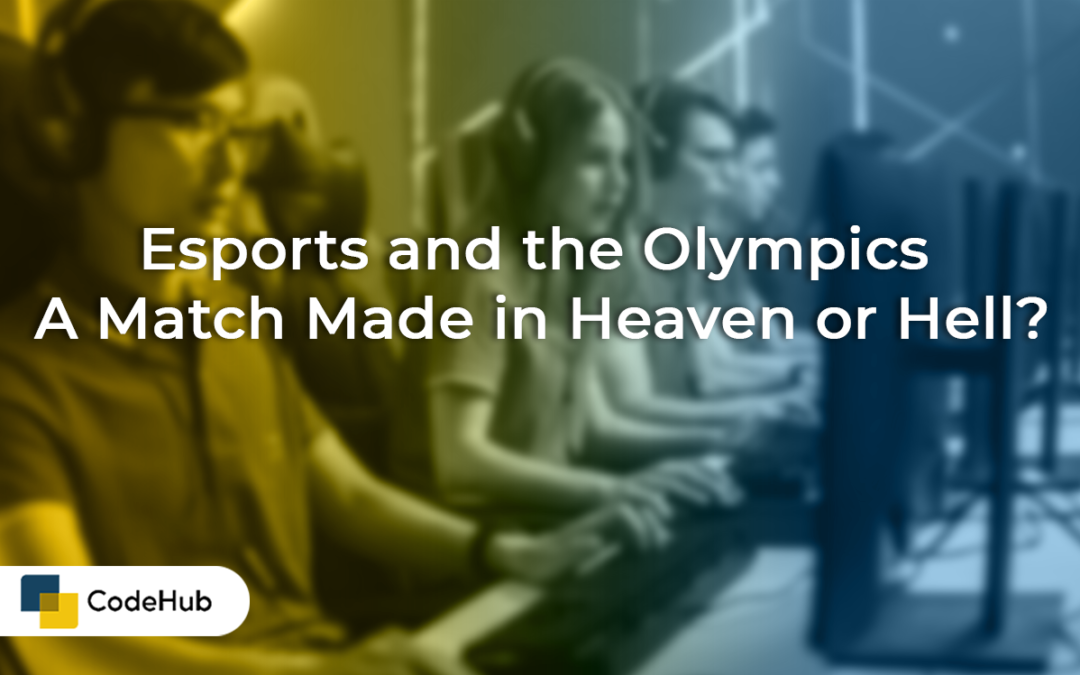Esports, or competitive video gaming, has become a global phenomenon in recent years, attracting millions of players and fans, generating billions of dollars in revenue, and creating new opportunities for entertainment, education, and social impact. Esports has also been recognized as a legitimate sport by some organizations and authorities, such as the International Olympic Committee (IOC), which granted it full recognition in 2019
But does esports belong in the Olympics? This is a question that has sparked much debate and controversy among various stakeholders, such as athletes, fans, organizers, sponsors, media, and policymakers. Some argue that esports is a natural fit for the Olympic movement, as it embodies the values of excellence, respect, and friendship, promotes diversity and inclusion, and showcases human skills and talents. Others contend that esports is incompatible with the Olympic spirit, as it lacks physical activity, encourages violence and addiction, and poses ethical and legal challenges.
The IOC has been exploring the possibility of including esports in the Olympic program since 2017, when it held a summit with representatives from the esports and gaming industries. In 2018, it organized an esports forum to foster dialogue and collaboration between the two communities. In 2019, it launched the Olympic Virtual Series (OVS), a series of virtual sports events featuring cycling, rowing, sailing, baseball, and motor sport. In 2020, it announced the Olympic Esports Series (OES), a global virtual and simulated sports competition featuring archery, baseball, chess, sailing, tennis, and motor sport. The OES will culminate in live finals at the first ever Olympic Esports Week in Singapore in June 2023
The IOC has stated that its interest in esports is driven by its desire to connect with younger generations and to promote Olympism through new platforms and formats. It has also emphasized that it will only consider esports that are aligned with its values and principles, such as non-violence, fair play, gender equality, and anti-doping. It has also acknowledged that there are still many challenges and issues to be addressed before esports can be fully integrated into the Olympic family
Esports and the Olympics have a lot to offer each other. Esports can benefit from the exposure, legitimacy, and prestige that the Olympics can provide. The Olympics can benefit from the innovation, engagement, and diversity that esports can bring. However, they also have a lot to lose if they fail to respect each other’s differences and expectations. Esports and the Olympics need to find a common ground and a shared vision that can balance their interests and values while respecting their autonomy and identity
Esports and the Olympics are not a match made in heaven or hell. They are a match made on earth, where humans create and play games for fun, challenge, and glory. They are a match made by us, who have the power and responsibility to shape their future together.

